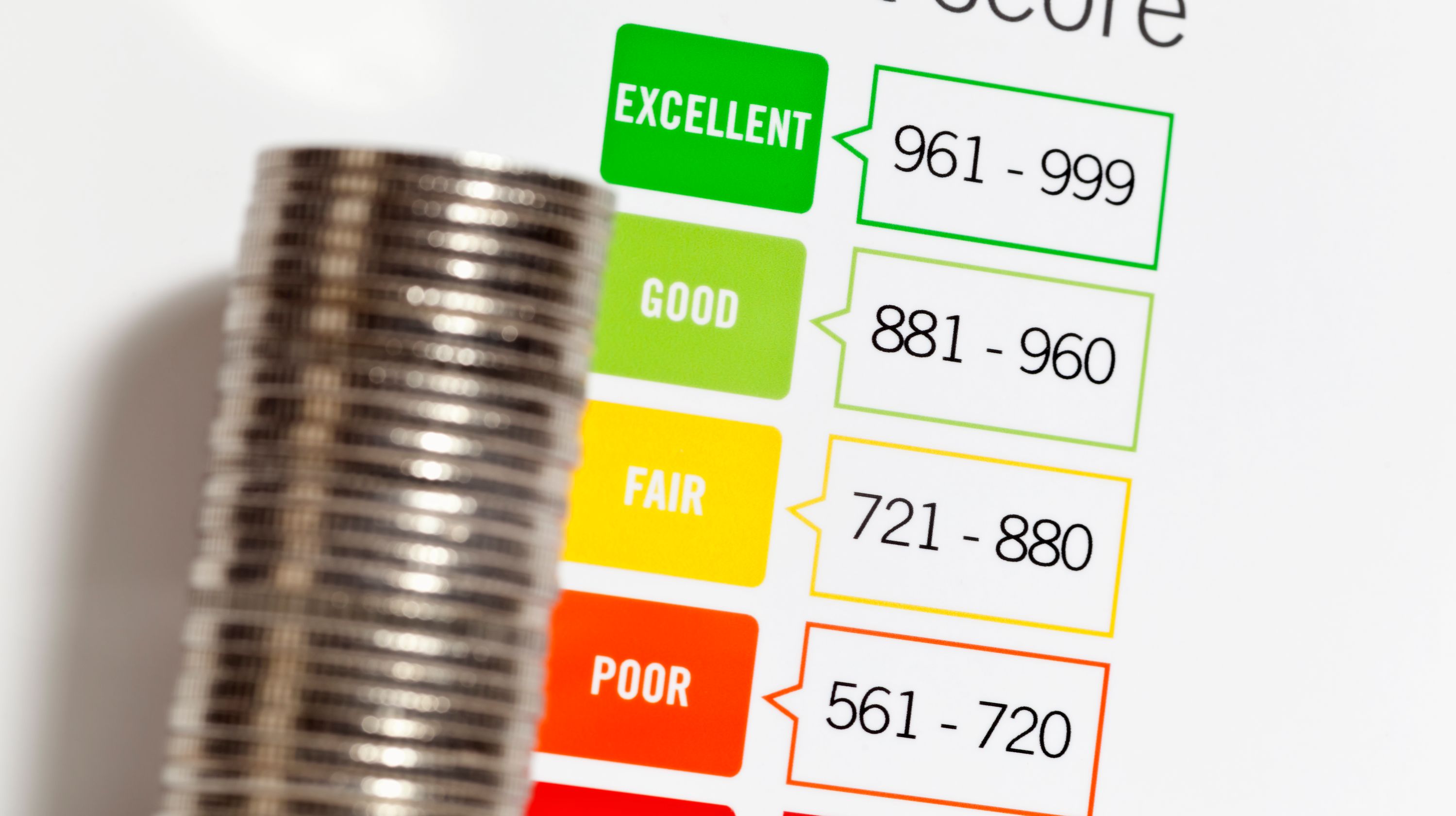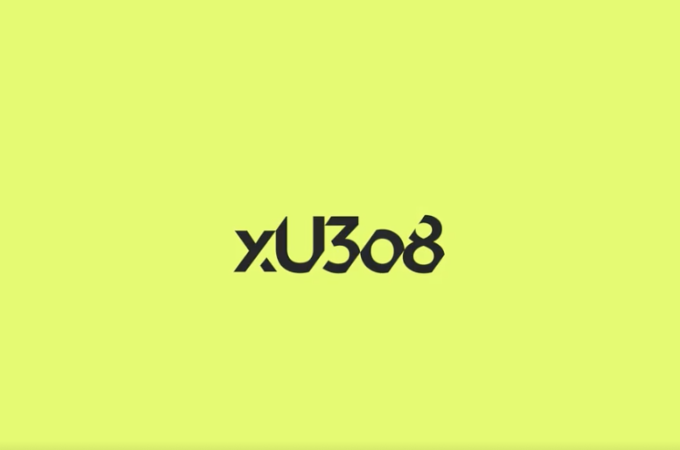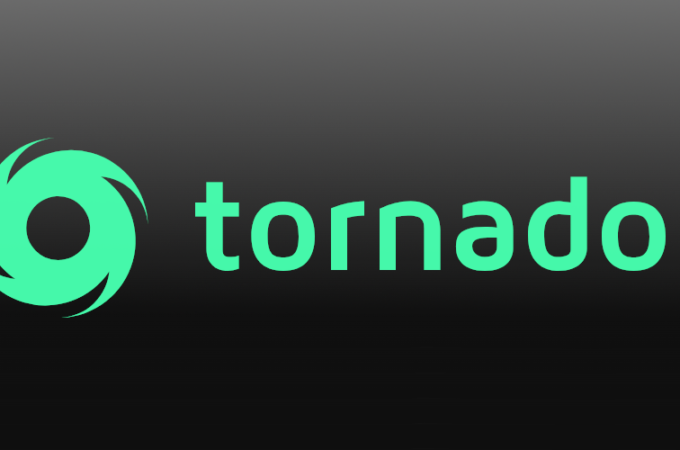
What is decentralized credit scoring?
via Tearsheet
Traditional credit scoring uses debt repayment information from financial institutions to determine the creditworthiness of a borrower. Decentralized credit scoring, on the other hand, uses a peer-to-peer network of trusted parties and personal data to attest to the identity and creditworthiness of a potential borrower, creating a secure credit scoring system for everyone, no matter their debt history.
How does it work?
Historically, when a borrower applied for credit, a potential lender consulted with one of the few credit bureaus to determine their financial history. Concurrently, these agencies rely on information from financial institutions and businesses to calculate credit scores and don’t take into account other personal data.
Instead of relying on a small number of firms to attest to a borrower’s creditworthiness, decentralized credit scoring utilizes statistical modeling and third-party attestation to calculate scoring records. These third parties include banks, retailers, utility and telecommunication companies, and family. Other data, like smartphone usage and social media activity, can be used to create a profile of a borrower.
All credit inquiries and reference checks are completed on a blockchain network which avoids storing any personal data in one centralized location. All data points are encrypted and shared across the peer-to-peer blockchain network which can only be accessed by the borrower.
What’s the advantage of decentralization?
Centralized credit bureaus hold sensitive personal data which is subject to theft. Because decentralized scoring and inquiries are completed on the blockchain, data is not stored in any one central location. So, personal data is less at risk while identities are kept anonymous.
What is created is a transparent credit scoring process, where borrowers can view who is endorsing their creditworthiness and what factors directly contribute to their score. They can even dispute inaccuracies.
Such transparency is lacking in the current credit scoring model. “Individuals have very little control over how they are scored and have even less ability to contest inaccurate, biased, or unfair assessments of their credit,” note Mikella Hurley and Julius Adebayo in a Yale Journal of Law and Technology article.
Scoring without borders
According to a report from the World Bank, 1.7 billion people around the globe remain unbanked. These individuals have no credit history and are therefore unable to obtain credit from traditional lenders. Decentralized credit scoring allows the unbanked to obtain credit scores without any previous credit history and obtain access to lending services.
Traditional credit scoring is restricted to individual countries, and isn’t generally transferable across borders. Decentralized scoring changes this because it doesn’t rely on geography for calculation. Projects like Bloom and Enigma are building decentralized protocols to spread decentralized credit scoring across the globe.





